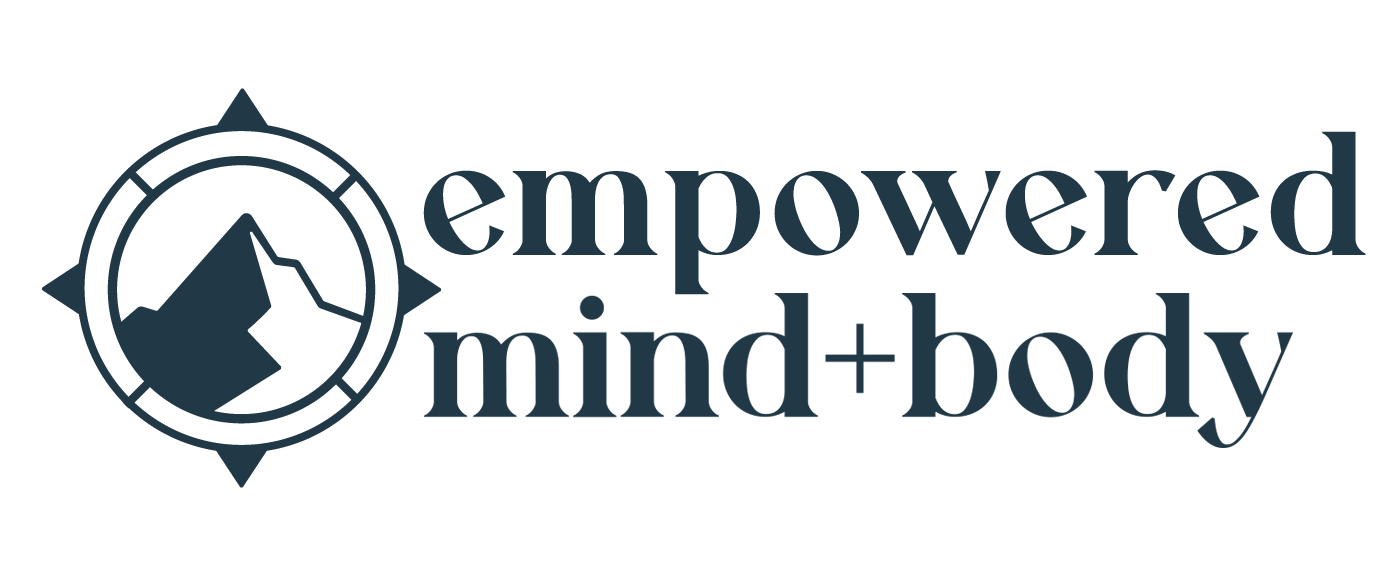All about Heart rate variability (hrv)
What is HRV?
It is the variability in milliseconds (ms) BETWEEN each heart beat. This means that the time between one heart beat and the next is not identical. Physiologic variations in this occur as well. When you take a breath in there is less time (shorter HRV) between beats and exhaling creates more time (longer HRV) between beats.
Why does it matter?
Studies have correlated average higher HRV with lower morbidity + mortality. It is a marker of how adaptable your body + nervous system are to what you are doing in your life.
A lower HVR is suggestive of a body + nervous system that is less adaptable to cope + experiencing more difficulty coping. Basically representing a nervous system that is less resilient. The higher the HRV, the more resilient your mind , body + nervous system are to your stressors-- aka a better adapted hooman.
What's a good HRV?
Like most health + wellness related stuff-- it depends. HRV like most things unfortunately declines with age. The average for someone 30 years old is about 45-85. These averages came from WHOOP which is a wearable device typically sought by individuals who are quite health focused. I'm 37 and my average is about 80 which my Oura ring (another wearable technology) rates as good-optimal depending on the day.
What impacts HRV?
Exercise/movement, sleep, stress levels, amount of rest, illness+ recovery time. For example. 2 days before I FELT sick from COVID-- my oura ring on my readiness score said “pay attention”. My body temperature was elevated , HRV was low and heart rate had elevated. 36 hours later BOOM--sick. Over exercising for individual who are fitness enthusiasts is a large reason for low HRV scores. Lower HRV = need for more recover + restorative time
Improving HRV
Get your sleep! 7-9hours. Make sure you are taking rest + recovery days. This does NOT mean a 5k run or assault bike sprints. Rest days look like resting! Exercise-- get your heart rate up. Manage your stress + stay healthy. Meditate, yoga, breath work, walks, relax + read, outsource anything you CAN that is bringing you stress.
Minimizing processed foods + avoiding LARGE late meals can also help (I personally find the sweet spot is eating 2-3 hours prior to bedtime).
Have more questions?
Connect with me on instagram here! I’d love to chat with you about ALL things health related!
If you like the information the blog you will LOVE empowered education. Learn more about it here


